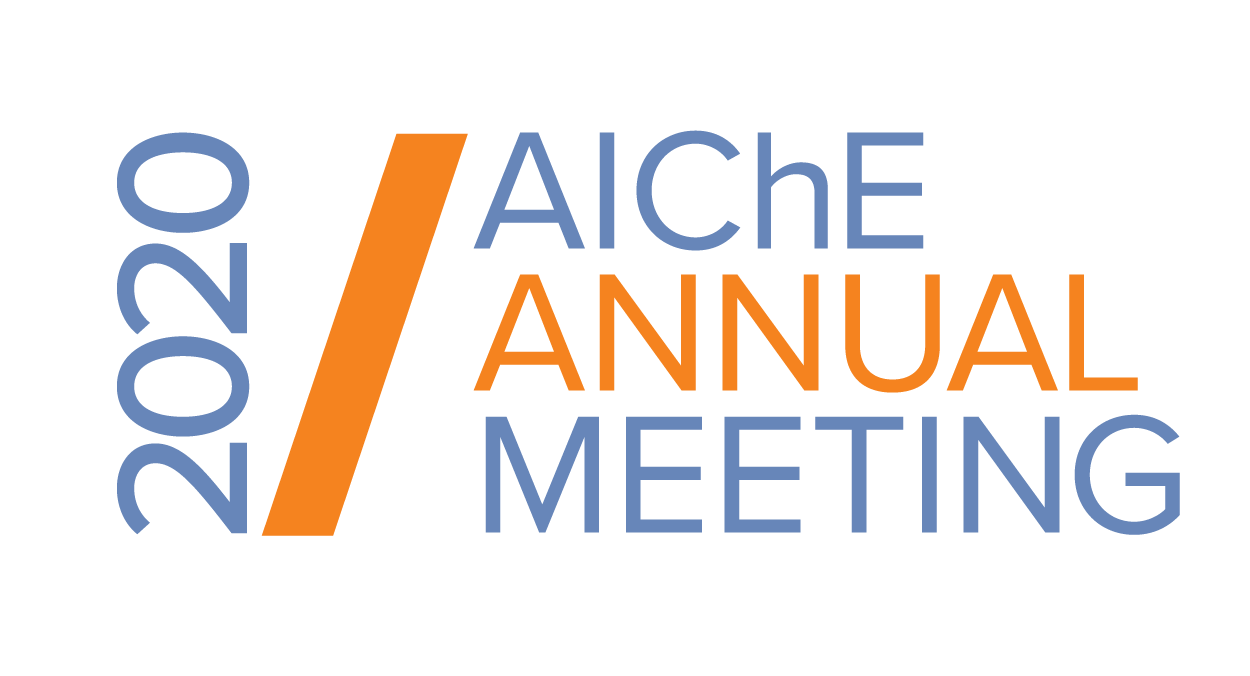

In this research, a multi-period regional hydrogen supply chain model is developed for a better understanding of different pathways for a hydrogen economy in Singapore and the ASEAN countries through 2050. A comprehensive superstructure including hydrogen production, storage, delivery, and utilization is proposed. Both renewable and non-renewable hydrogen production technologies with applicable carbon capture and sequestration are included, reflecting the diversity of energy sources available in the region for hydrogen production. To compare different options for an ASEAN hydrogen supply chain through 2050, we carry out techno-economic analyses of hydrogen production taking into account location-dependent attributes, such as cost and carbon emissions. The variation of hydrogen demand over a long-term planning horizon is considered, as well as uncertainty of energy source prices and technological progress, to find the competitive production technologies in each year. Since the volumetric energy density of hydrogen is low, hydrogen must be transported and stored at high pressure or in liquid form, or via liquid organic hydrogen carriers or ammonia. Consequently, different transmission-storage-distribution pathways are also considered and evaluated to address the trade-off between the energy density, energy consumption, and facility cost. Based on the superstructure, a mixed-integer non-linear programming (MINLP) model is formulated to optimize both the total cost and carbon emissions of the hydrogen supply chain. The most effective pathways for producing, transporting, and storing hydrogen are being identified. Several what-if scenarios are explored to derive insight on relative emissions and costs associated with various hydrogen pathways for the ASEAN region.
1. Almansoori, A., Shah, N., 2009. Design and operation of a future hydrogen supply chain: Multi-period model. International Journal of Hydrogen Energy, 34(19): 7883-7897.
2. Reuß, M., Grube, T., Robinius, M., Stolten, D., 2019. A hydrogen supply chain with spatial resolution: Comparative analysis of infrastructure technologies in Germany. Applied Energy, 247: 438-453.
3. Seo, S.-K., Yun, D.-Y., Lee, C.-J., 2020. Design and optimization of a hydrogen supply chain using a centralized storage model. Applied Energy, 262.
